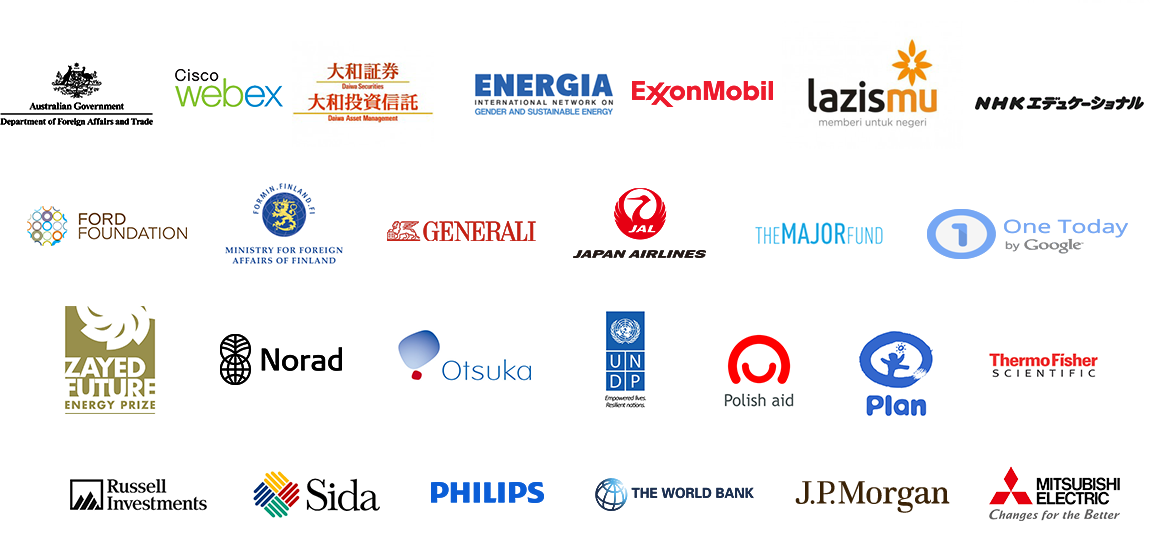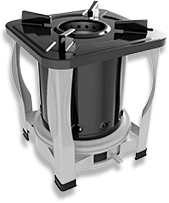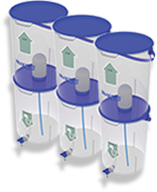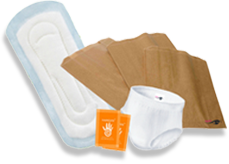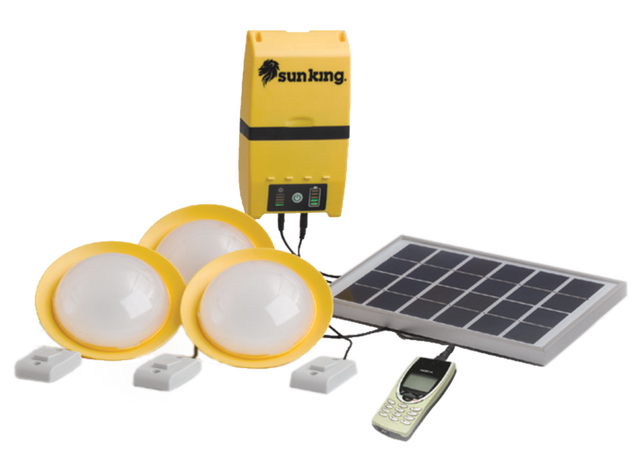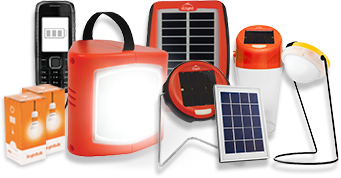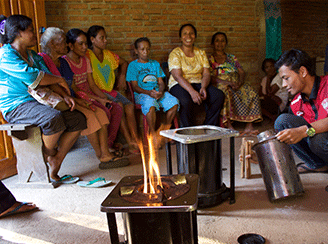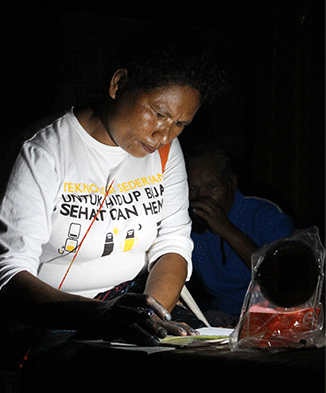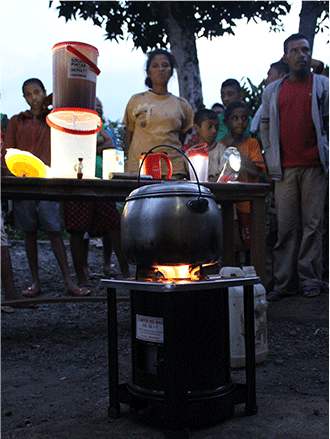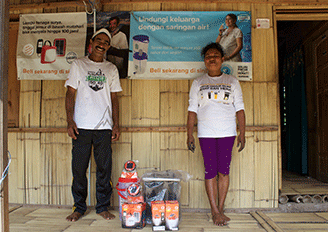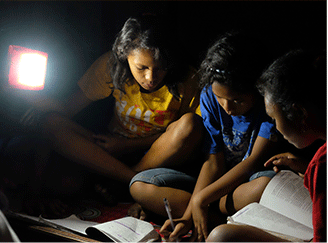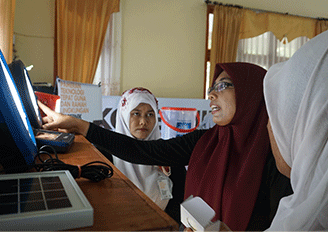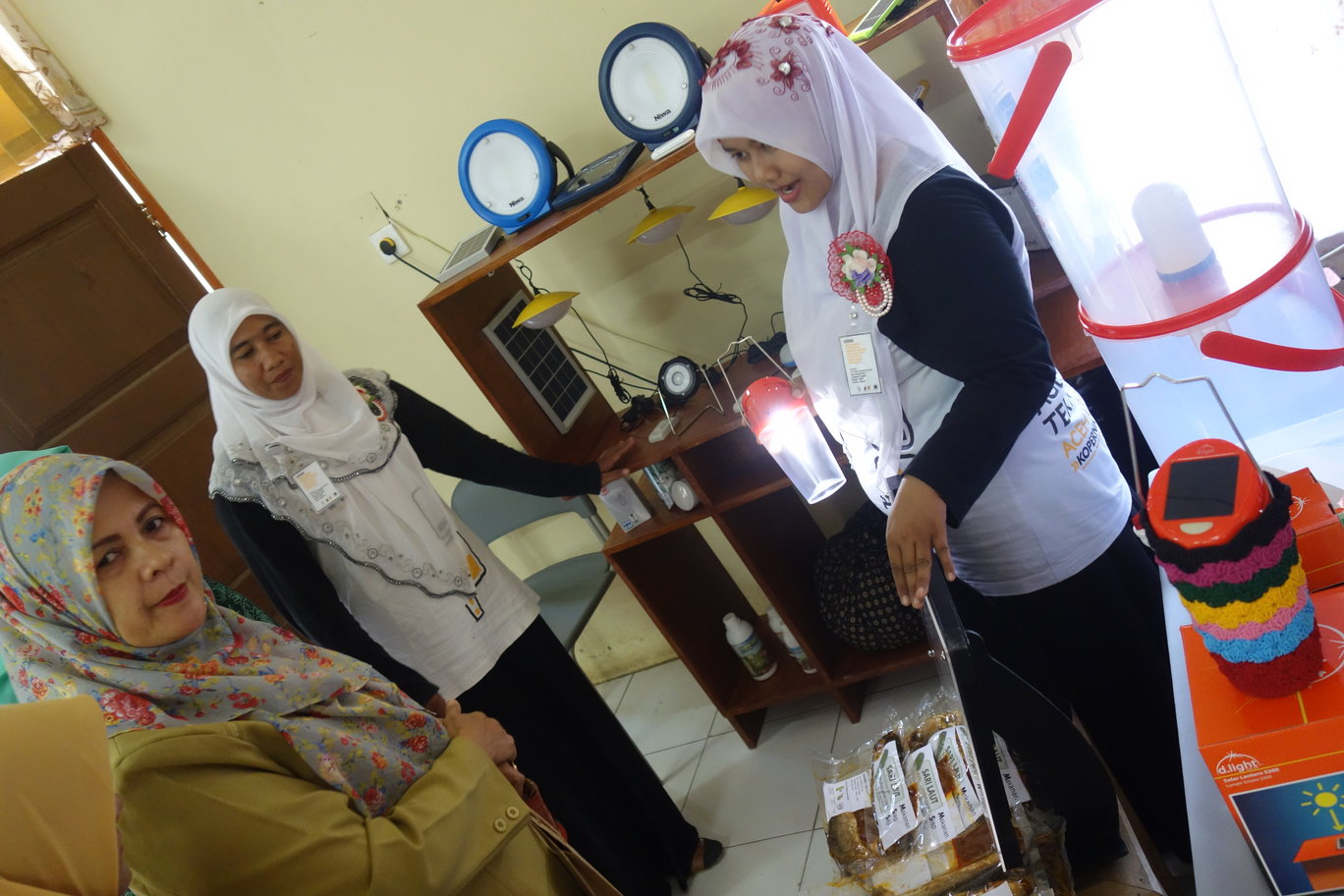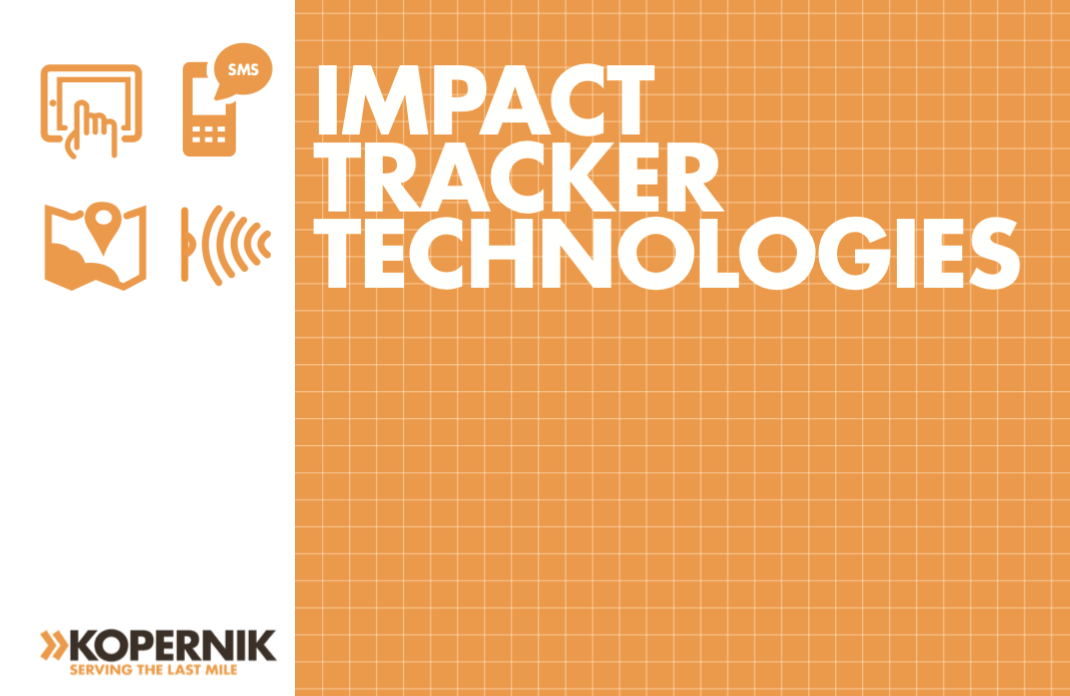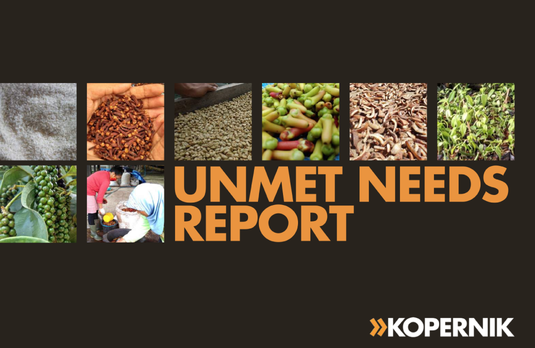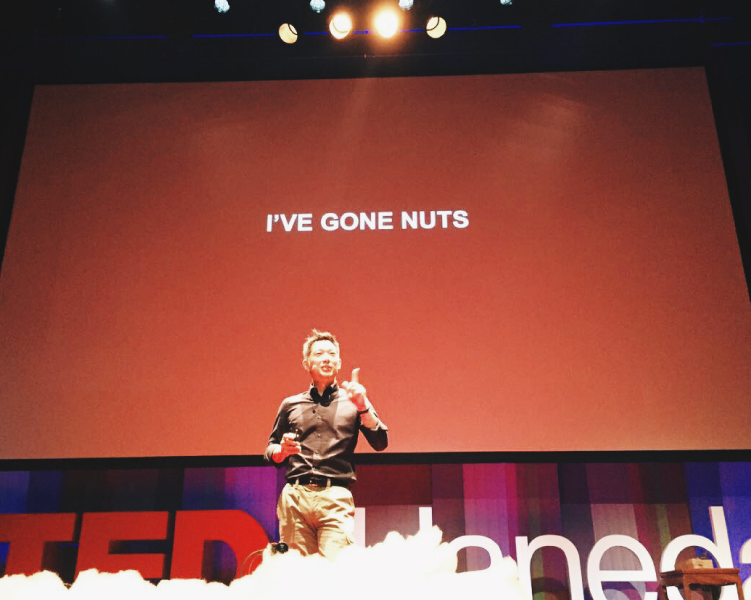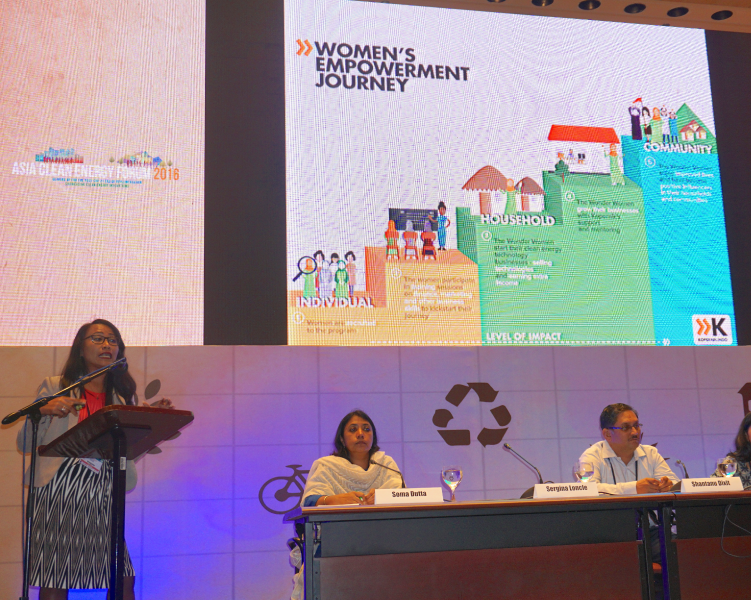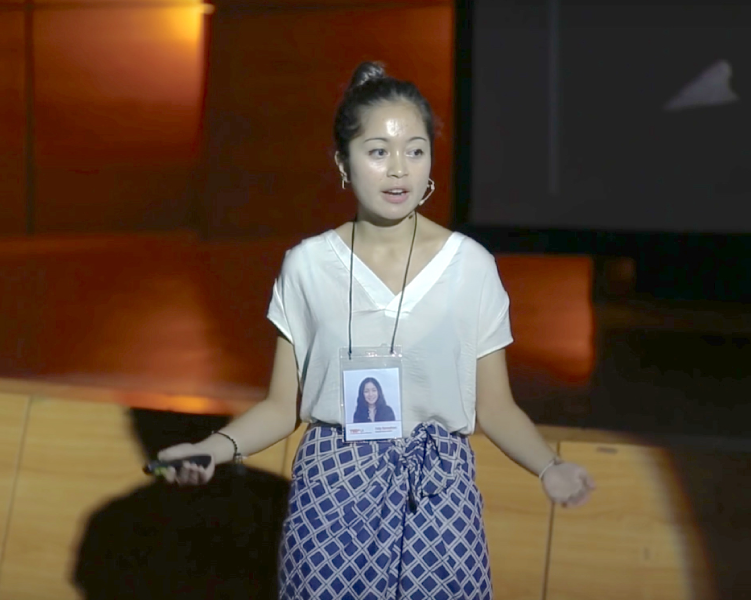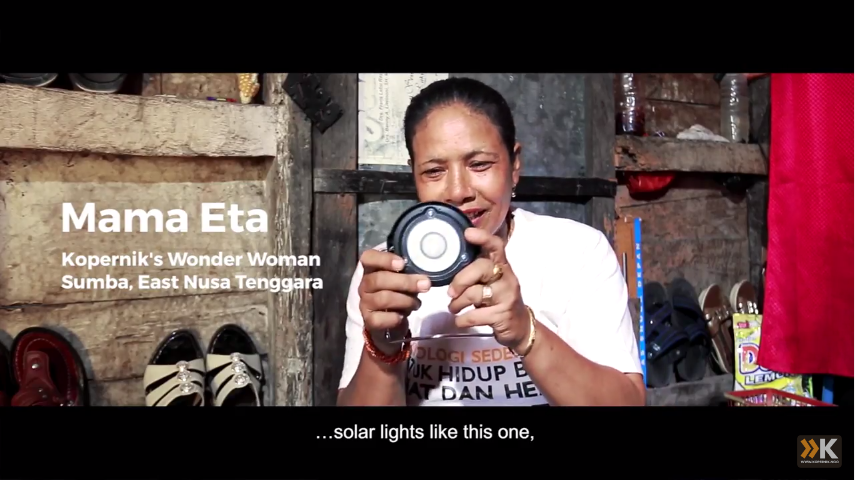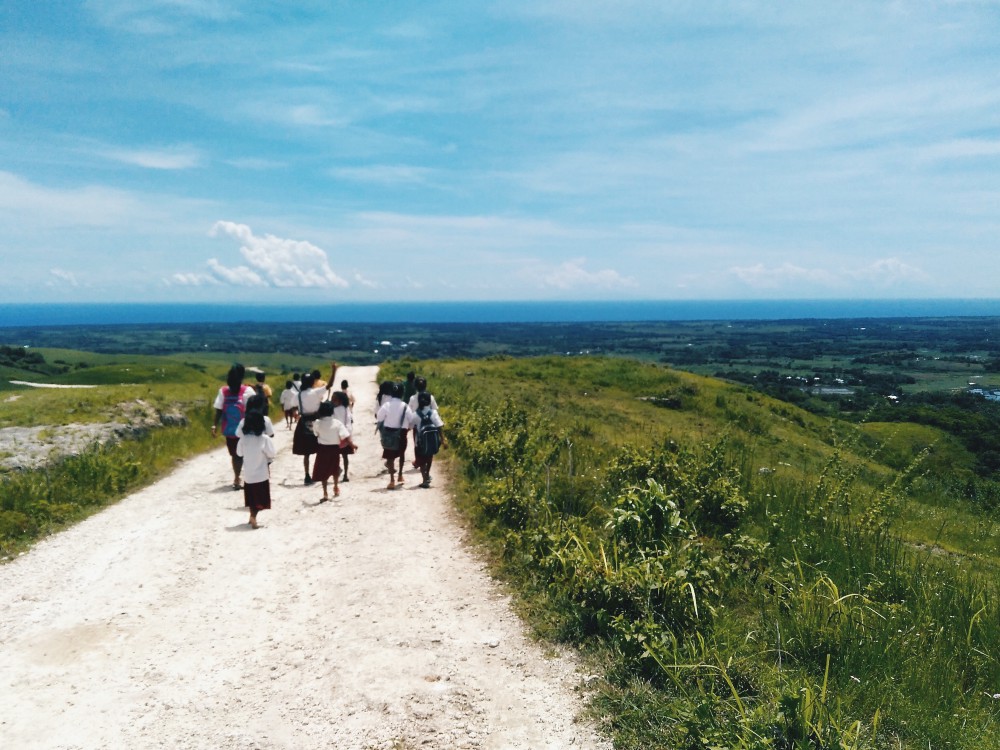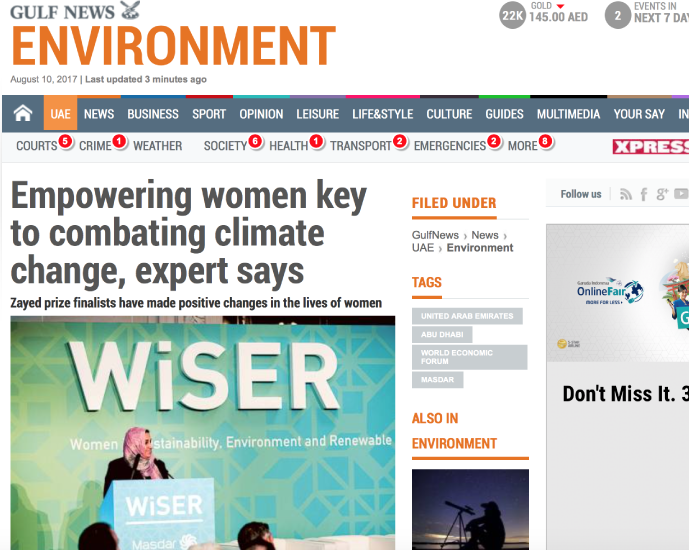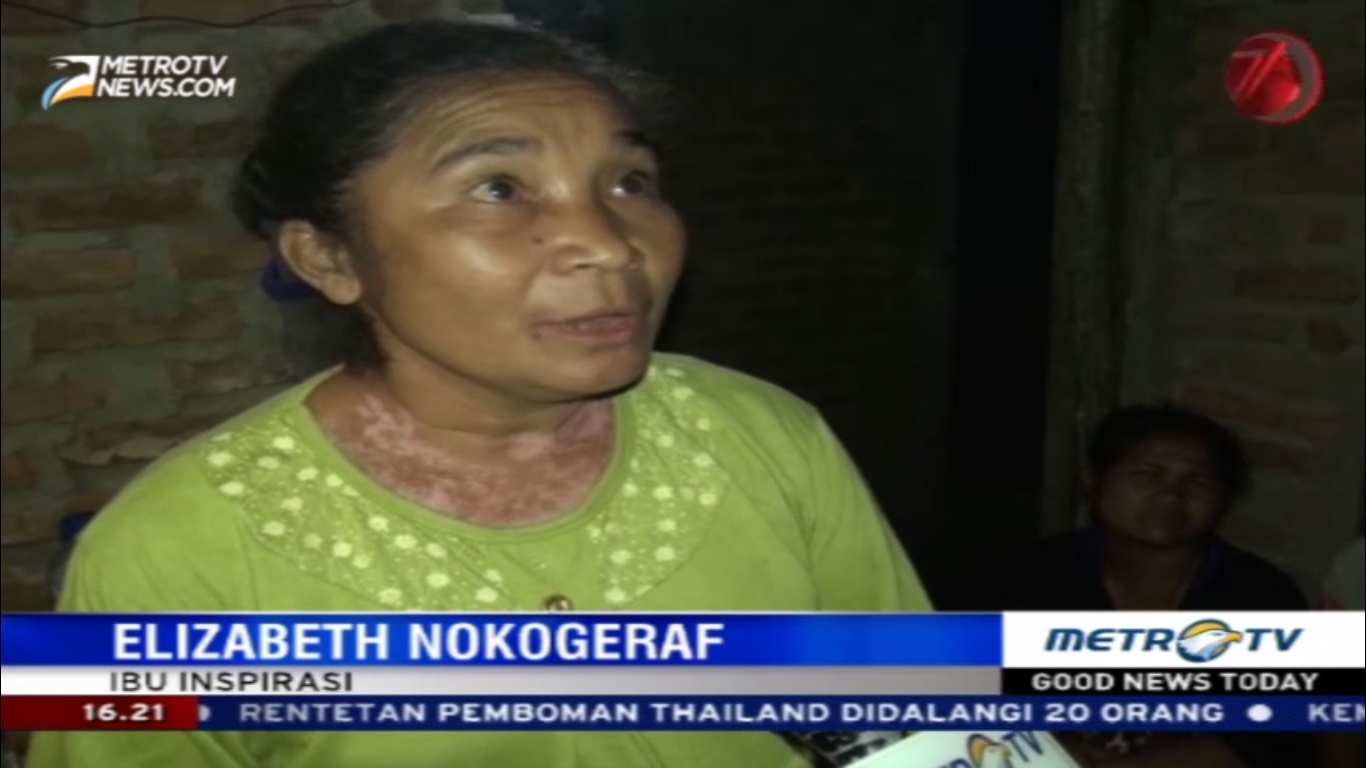K O P E R N I K
ANNUAL REPORT 2016
FINDING WHAT WORKS TO REDUCE POVERTY IN THE LAST MILE
Seven years ago, Kopernik was established to challenge the status quo
in the development sector and to find smarter, more effective solutions
to address poverty.
We saw that great ideas were out there, but they weren’t reaching the people who needed them. Since then,
Kopernik has designed, tested and implemented a range of innovative programs to find what works
for poverty reduction in order to make the greatest impact possible for those living in the last mile.
In 2016, Kopernik worked harder than ever to:
Strengthen our award-winning work connecting simple technologies to people who need them the most through our local partners and our network of Wonder Women.
Increase our collective impact by working with more partners across multiple sectors to generate new ideas and establish more effective ways to resolve persistent development problems.
Embark on a series of new experimental projects that test promising ideas to find what works to solve the real challenges of people living in the last mile.
Improve our communication and reach amongst development professionals to share more ideas and evidence on what works to achieve the Sustainable Development Goals together.
We believe that with more innovation, collaboration and experimentation of ideas,
we can affect the kind of change that will mean people in the last mile
can live a dignified life free of poverty.
TECHNOLOGY
DISTRIBUTION
Kopernik sources simple and affordable products
that address typical problems faced by people living in the last mile.
Cookstoves
Water Filters
Hygiene Kits
Solar Home Systems
Solar Lights
Since 2010, we've connected technology with:
0
PEOPLE
reaching
0
PEOPLE IN 2016 ALONE
We distribute these technologies directly
to the last mile through:
WONDER
WOMEN
PROGRAM
LOCAL
PARTNERS
WONDER WOMEN
PROGRAM
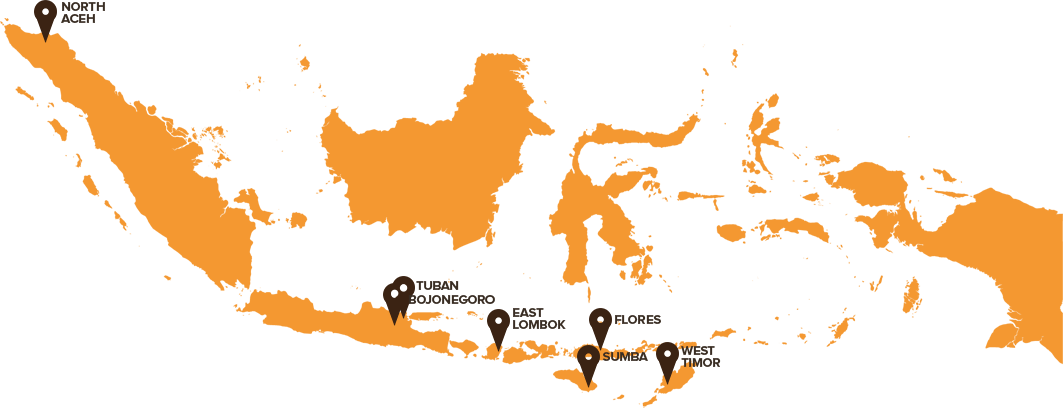
Wonder Women Indonesia is an economic empowerment program that empowers women to become
micro-social-entrepreneurs. We support women to sell simple technologies - including solar lights,
water filters and clean cookstoves - in their communities. They earn a margin on every sale, boosting their
income to support their families and themselves, while also making clean energy technologies available
in remote villages in some of Indonesia’s poorest provinces.
EASTERN INDONESIA
East Lombok, Sumba, West Timor, & Flores
in 2016:
women (and 77 men)
participated in the program as
entrepreneurs, making
life-changing technology
available in the most disadvan-
taged regions of
Eastern Indonesia.
average increase in women’s
monthly income from selling
technologies.
people are now enjoying a
better quality of life using
technologies sold to them
by the Wonder Women.
of women increased their
comfort-level in public speaking,
while 80% expanded
their personal networks.
of women used the extra income
they earned to fulfill general
household needs and
to support the education
of their children
WESTERN INDONESIA
Bojonegoro, Tuban, & North Aceh
in 2016:
women participated in the program
as entrepreneurs,
developing their business skills
and increasing their knowledge
to confidently sell technologies
in their communities.
of women built or expanded
their business networks, gained
additional income, and gained
new experiences through
the program.
of women spent their extra
income on better quality food,
while 21% of money was put
towards new utensils
and appliances and 31% towards
fulfilling personal needs.
of women improved their
selling skills and public
speaking skills after
joining the program.
people are now enjoying
a better quality of life by using
solar lights, water filters and
clean cookstoves sold to them
by the Wonder Women.
TECHNOLOGY DISTRIBUTION
WITH LOCAL PARTNERS
Through our local partners, we distributed thousands of technologies directly
to last mile communities.
In 2016,
we reached
over 20,000 people in last mile communities in 6 countries. This included
connecting simple technologies with schools and health clinics to help provide a brighter
and healthier environment for better study and safe childbirth.


"I arrived in Jordan four years ago. I lost some
of my memory during an airstrike that
destroyed my house and neighbourhood.
The solar light has helped me to rebuild my life
by working as a mobile phone repairer. Since
the solar light can charge mobile phones as
well, it gives me an opportunity to earn some
additional income.”
Omar Abdul-Latif, IT Technician, Jordan
d.light solar lights lit up households, schools, clinics and community halls in Aqaba, Jordan, Chitwan, Nepal, Papua, Indonesia, and Kratie, Cambodia in 2016.
Nazava Water Filters reached people with
disabilities who experience difficulties accessing
clean water in Karangasem, Bali through our
Drink Up project.


“Water springs are far from here so it is hard to
get clean drinking water. Although I have a
rainwater reservoir, I can’t drink the water
without boiling it first. I need to get firewood or
kerosene to boil the water and it is
a lot of hassle. When I started using the Nazava
water filter, I found it really helpful as it was
easy to use and I can use it
to filter the rainwater.”
I Wayan Merta, Karangasem, Bali, Indonesia


“In the past, when more than one or two
women come to deliver in the clinic, we always
run out of supplies or equipment and it takes us
some time to clean the equipment in time for
the next delivery. The Clean Birth Kits solve
this problem.”
Mr Somphone, Nurse, Salavan province, Laos
JANMA clean birth kits supported women
and their babies in North India , Rajasthan, India,
and Laos through our Make Childbirth Safer
projects.
educational toys helped students to learn in
schools in the Bangli and Buleleng Districts of
Bali, Indonesia through our Make Science Fun
project.


“I have never used, or even seen, a microscope
before. I only saw it in a book, but I couldn’t
imagine what it actually looked like. When I first
tried the mini microscope that YKIP (our local
partner) gave me, I used it to observe my skin
surface, I was really surprised to see small dots
and lines! And then my friends were really sur-
prised as well when they observed leaves. We
learned that there are things that we can’t see
without a microscope. I can’t wait to use this mi-
croscope again in our next science lesson.”
Luh Bella Arina, Grade 6 Students, Buleleng, Indonesia
60
Prime Cookstoves reached a community in the isolated province of Kratie, Cambodia who cook with
traditional stoves that require fuel that is in short supply through our Start Up Tech Sales project.
LEAN EXPERIMENTATION
In response to some of the key challenges we see every day while implementing our project
work, we launched our new Experimentation Projects in 2016. These projects are small scale
tests of simple ideas and technologies that have great potential to address common
challenges facing people living in the last mile. Through these projects, Kopernik works
directly with last mile communities, and in collaboration with our partners to determine
the viability of promising ideas aimed at reducing poverty.
In 2016,
we experimented with
INCREASING FARMER INCOMES THROUGH A SOLAR DRYING SOLUTION
We built a simple solar dryer from locally available materials in Pajinian village, East Flores, Indonesia and tested its effectiveness. The dryer was used to dry copra (coconut) and cashews, two of the largest commodities in this region. Our hypothesis was that a solar dryer would create a more effective drying process when compared to the traditional drying process, drying larger quantities of agricultural pro- duce more quickly, using less space, and adding value by increasing the quality of the produce and its sales price. See the experiment results here
INCREASING FARMER FOOD SECURITY AND INCOMES WITH BETTER GRAIN STORAGE SOLUTIONS
We experimented with some simple hermetic storage solutions that can decrease the impact of weevils on crops during storage. Weevil infestation accounts for a large portion of post-harvest grain losses, affecting the food security and income of many smallholder farmers in the eastern part of Indonesia. Many farmers store sorghum for up to 12 months before consumption, shipping or selling, during which time it is susceptible to infestation. Some estimates suggest that up to 70% of sorghum stored in the traditional manner is damaged by weevils during this time. See the experiment results here
IMPROVING CACAO BEAN PROCESSING TECHNOLOGIES
We experimented with a new cacao bean solar drying method and fermentation process in the second largest cacao producing regency in Bali, Indonesia - Tabanan. We tested the effectiveness of a Hybrid Solar Dryer and a three tier fermentation box. Our hypotheses were that the three tier fermentation box would be more conducive to fermenting cacao beans resulting in a higher price for the commodity; and that the Hybrid Solar Dryer would reduce the drying time for cacao in comparison with the traditional floor drying method. See the experiment results here
LAST MILE CONSULTING
Last Mile Consulting is our professional advisory service to corporate and public sector clients
who are developing innovative products or services that serve the needs of people
in emerging and developing markets.
CORPORATE PARTNERS
For corporate clients, we specialize in
conducting market and needs assessments,
testing business concepts, prototypes or
new technologies. We also excel in testing
distribution approaches, identifying
appropriate business partners for our clients,
and advising on CSR/CSV programs
and policies.
PUBLIC SECTOR PARTNERS
For development agencies, developing
country governments and NGOs we assist
with progressive approaches through the
design of innovation funds/labs or by
developing and testing promising solutions
that can be scaled up through their programs.
We have expertise in brokering
partnerships between the public and private
sectors and academia in order to leverage
their respective strengths to better serve
the needs of last mile communities.
In 2016,
15
multinational corporations, multilateral agencies, social enterprises, and international
organizations engaged Kopernik’s Last Mile Consulting (LMC) team.
PROTOTYPE TESTING - LOCALIZING AND TESTING EDUCATIONAL MATERIALS FOR STUDENTS IN INDONESIA
In May 2016, Kopernik's Last Mile Consulting team supported a Japanese educational content production company, NHK Educational, to localize and test its audiovisual educational materials in the Indonesian curriculum and classroom contexts. The project aims to enhance integrated science learning among Indonesian students in elementary and middle schools with audiovisual materials. As the local counterpart, the Kopernik team supported the development of Indonesian materials, collected feedback on the materials from teachers, students, and government officials in Jakarta, and conducted workshops to equip teachers in using audiovisual materials in their lesson plans. Kopernik and NHK Educational will continue the partnership into 2017 for a longer term project.
MARKET RESEARCH - GAINING INSIGHTS INTO POTENTIAL NEW MARKETS FOR A MOBILITY COMPANY
As part of its effort to develop new business opportunities, a mobility company engaged Kopernik to understand the challenges and opportunities in the broad area of mobility in Indonesia. After conducting desk-based research, the client and Kopernik visited three cities and towns in eastern Indonesia, with a particular focus on transportation in rural areas and waste management. Our report summarizing the research and visit contributed to the client’s business strategy in Indonesia.
PROTOTYPE TESTING – TESTING A MOBILE HEALTH APP WITH OTSUKA PHARMACEUTICAL AND JICA
In the spirit of fighting against tuberculosis (TB) in Indonesia, Kopernik’s Last Mile Consulting team collaborated with Otsuka Pharmaceutical to test a mobile technology designed for TB patients. Funded by JICA, this two-year project aims to create a high-impact, cost-effective intervention that increases patient adherence to TB treatment by empowering patients through a mobile phone application. Kopernik has provided assistance in desk research, rapid assessments and application testing, while working closely with TB patients, family members, and healthcare providers. By the end of 2017, the results and recommendations of this project will be shared with key stakeholders in the Indonesian TB sector.
CSR PLAN DEVELOPMENT - URBAN SLUM UPGRADING IN INDONESIA
In partnership with a German consulting firm Endeva, Kopernik's Last Mile Consulting team supported a large financial services company to develop its multi-year CSR plan in Indonesia, aiming to empower slum dwellers and improve their neighborhoods through a mix of education, health, and financial support. The Kopernik team conducted research and a needs assessment with urban slum residents and contributed to the client's CSR roadmap.
PROGRAM DESIGN - DESIGNING AN INNOVATION FUND FOR A BILATERAL AID AGENCY
In response to the industry-wide trend of broadening the range of solutions and partnerships in development assistance, a bilateral aid agency engaged Kopernik to design its innovation fund. Kopernik played a key role in designing the agency's new initiative. The agency is currently designing the details of the innovation fund based on the blueprint that Kopernik helped to develop.
OUTREACH
Kopernik makes meaningful connections with other organizations
working on poverty reduction and we actively communicate about our work,
insights and impact.
PUBLICATIONS
In 2016, we launched two publications, sharing useful tools and research findings that we are
proud to share with our peers in the development sector.
We updated Kopernik’s Impact Tracker Catalogue which gives nonprofits and social enterprises access to a concise list of simple and affordable tools to help them measure the impact of their work.
Our Unmet Needs Report highlights
some of the key challenges
facing Indonesian smallholder farmers.
ACHIEVEMENTS
In 2016, Kopernik won the prestigious Zayed Future Energy Prize 2016
in the Non-Profit Organisation category.
EVENTS
Kopernik team members spoke at
59
NATIONAL AND INTERNATIONAL EVENTS
MEDIA COVERAGE
Kopernik was featured in
88
NEWSPAPERS, MAGAZINES, RADIO BROADCASTS, TV PROGRAMS, AND ONLINE PUBLICATIONS
OUR SUPPORTERS
We couldn’t have done any of this great work without
our amazing supporters, partners and staff. Thank you!
20 LOCAL PARTNERS
THE K-TEAM
74
HARDWORKING, COMMITTED TEAM MEMBERS AS OF DECEMBER 2016
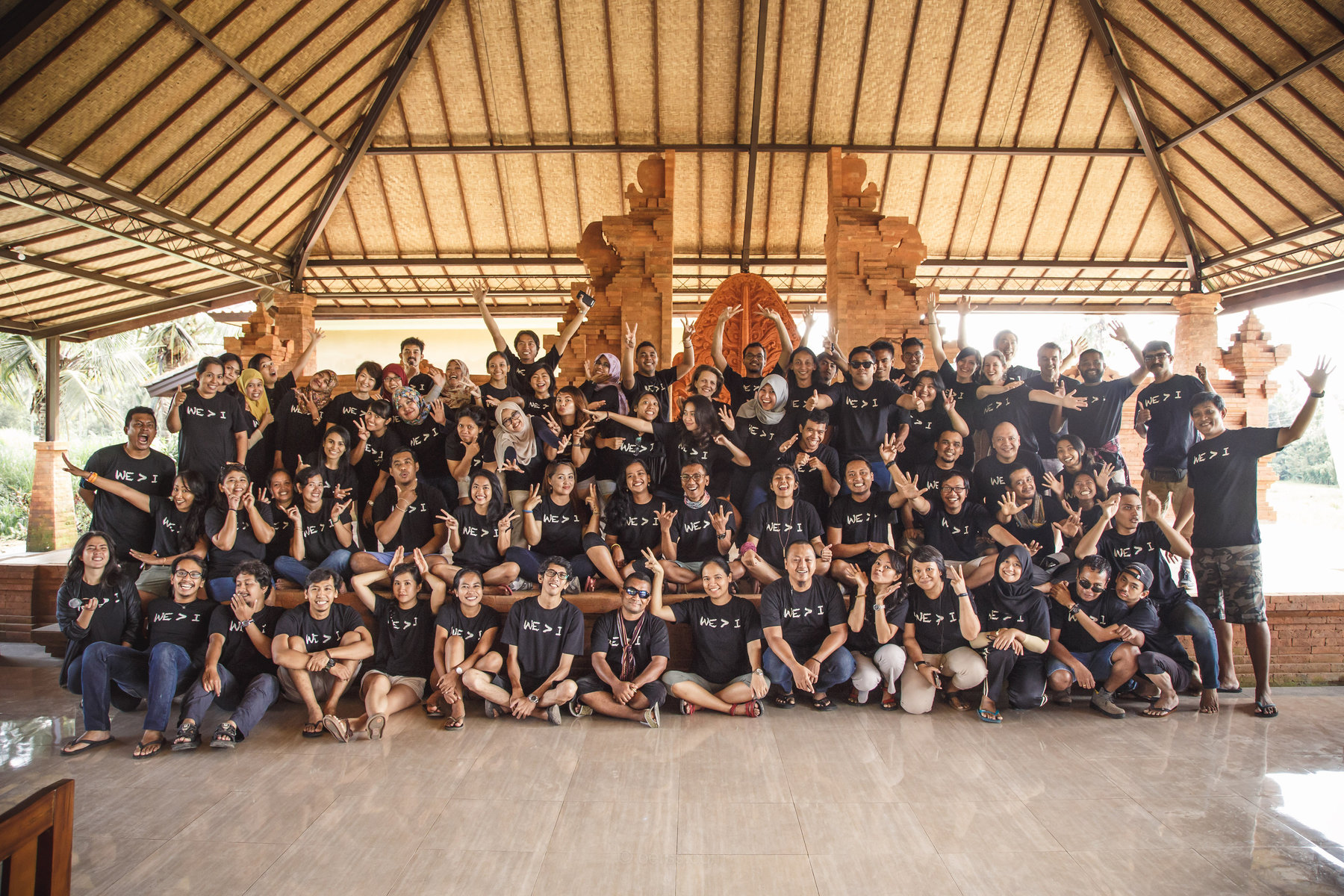
FINANCIALS
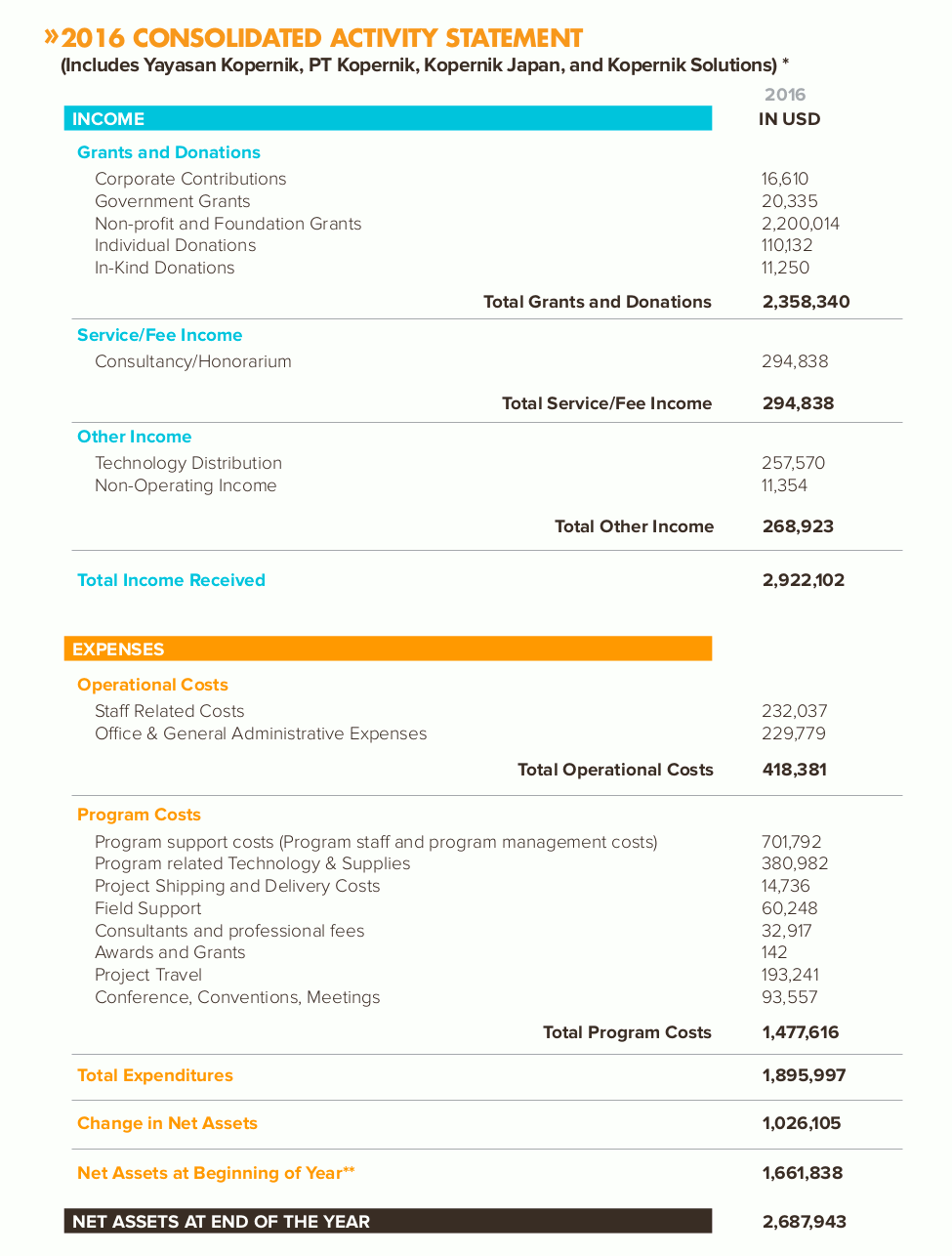
* This is an unofficial consolidated activity statement of four Kopernik entities. Official financial statements of Yayasan Kopernik and Kopernik Solutions can be accessed here.
* Includes unrestricted funds and funding received in previous years, for activities in the reporting year.
PARTNERS OF
THE KOPERNIK GROUP
